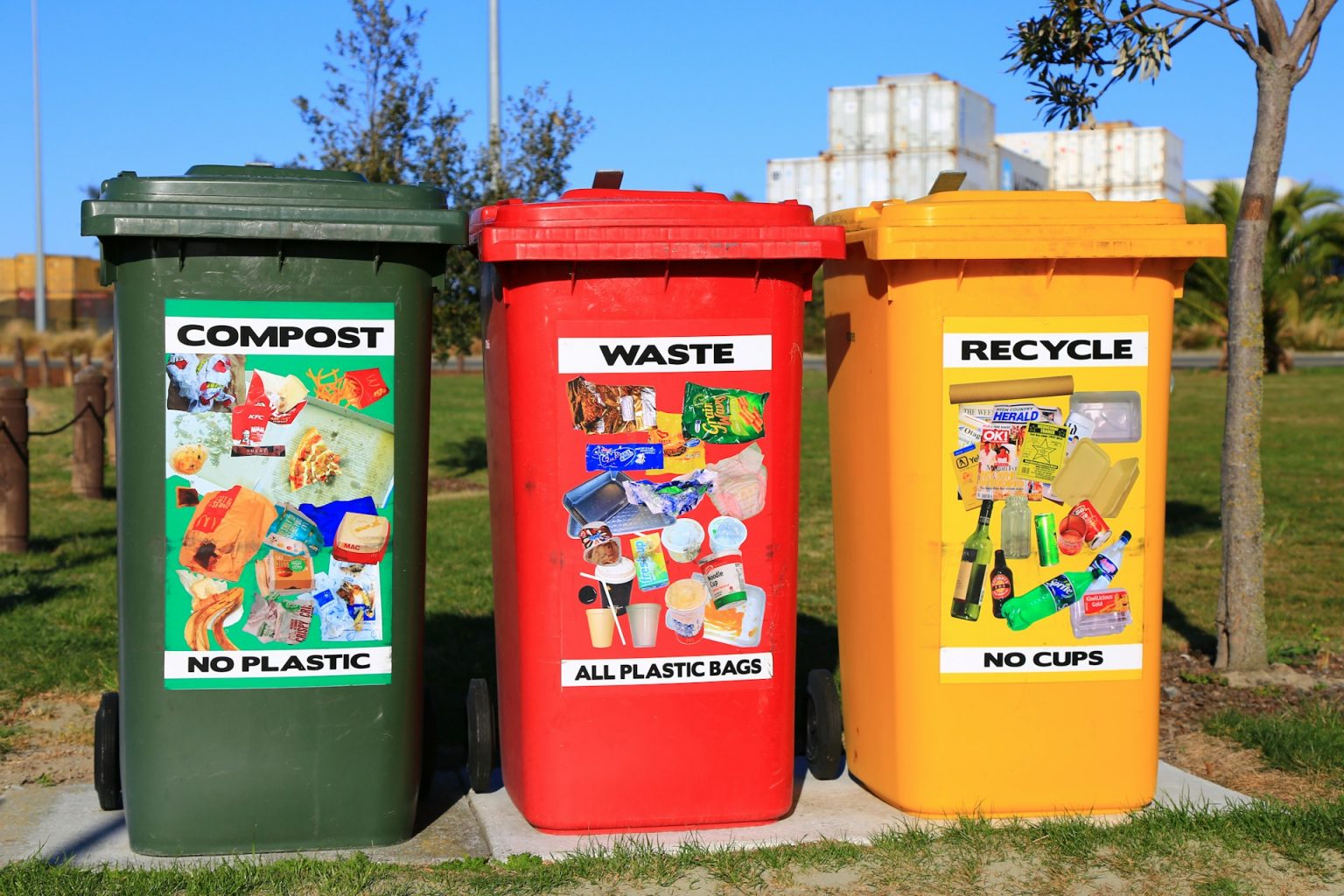In our quest to protect the planet, striving for zero waste is more important than ever. This means not only recycling but also adopting habits that prevent waste from being created in the first place. Let’s explore some easy everyday practices that can help us all achieve this goal.
Choose Reusable Over Disposable
One of the simplest ways to reduce waste is to use reusable products. Swap out single-use plastics with durable options. For instance, instead of buying bottled water, consider a reusable water bottle like those from Hydro Flask. Not only does this reduce plastic waste, but it also saves you money in the long run!
Buy in Bulk
Purchasing food and other products in bulk can significantly cut down on packaging waste. Stores like Costco offer many items in bulk, reducing the need for individual packaging. Bring your own containers to minimize the impact further!
Compost Organic Waste
Composting is a great way to reduce waste and enrich your soil. By composting organic waste like food scraps and yard trimmings, you can divert as much as 30% of household waste from landfills. Check out CompostNow for more information on how you can start composting at home.
Use Eco-friendly Cleaning Products
Switching to green cleaning products can help reduce harmful chemicals in your home and the environment. Brands like Seventh Generation provide effective cleaning solutions that are kind to the earth. Plus, these products often come in sustainable packaging!
Shop Secondhand
Buying secondhand is not only cheaper but also reduces the demand for new products, which in turn lowers production waste. Websites like eBay and ThredUp make it easy to find quality pre-owned items from clothes to electronics.
Repair Instead of Replace
Before throwing something away, consider if it can be repaired. Fixing electronics, clothing, and other goods can extend their life and prevent waste. Organizations like iFixit offer free repair guides for a wide array of products.
Support Local and Sustainable Businesses
Supporting local businesses often means reduced transport emissions and packaging. Plus, local artisans and farmers generally use more sustainable practices. Visit your local farmer’s market or check out small local shops in your area.
Conclusion
Achieving zero waste isn’t just about recycling — it’s about making fundamental changes to our daily habits. By adopting even a few of these practices, you can reduce your environmental footprint significantly. Start small, and remember that every little bit helps in our journey towards a sustainable planet!

